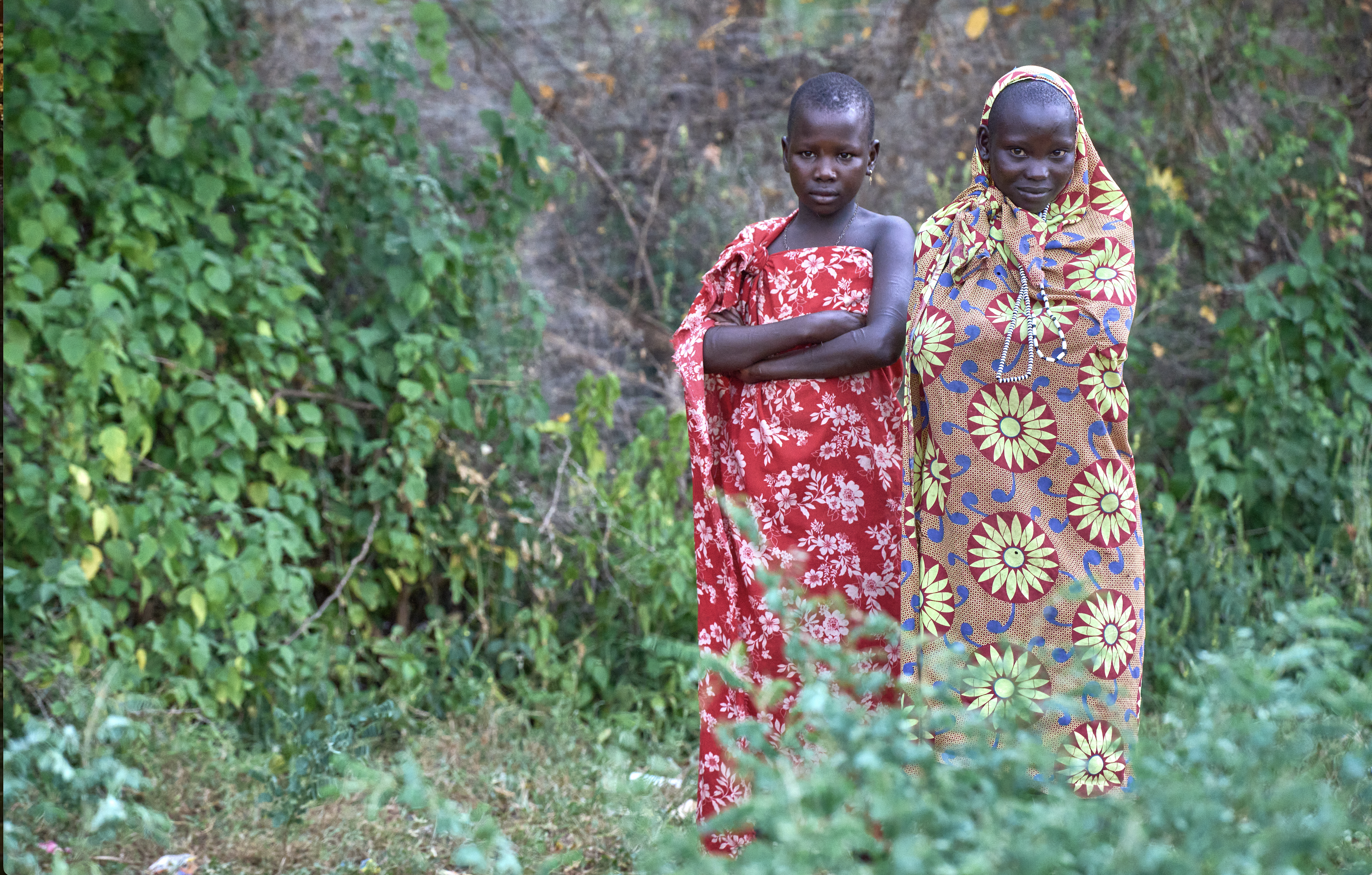By Mattias Söderberg
We are approaching a new UN climate summit, COP27, and the stakes are high. Unfortunately, the challenges are also high, maybe higher than ever. The world is facing a

climate crisis. But we are also facing a food crisis, an energy crisis, and an economic crisis. While the challenges are multiplying, it is even more important to find solutions. COP27 must be a success.
The impact of the climate crisis is becoming more and more apparent. This summer saw massive floods in Nigeria and Pakistan. It is estimated it will cost more than USD 10 billion for these countries to recover from these climate-induced disasters. More importantly, it has already cost the lives and livelihoods of millions of people. In Nigeria it is estimated that more than 2.5 million people have been affected by floods. In Pakistan the number is up to 33 million people. At the same time, India and Somalia have seen more intense heatwaves than ever before. The climate is changing, and it is costing lives, livelihoods, and not least, money.
This money, which in climate lingo is called “loss and damage finance” is one of the hot topics at COP27. For those affected, the need for support is clear. In the negotiations, however, it is still uncertain if the summit will deliver any agreement about future funding.
At the last summit, COP26, parties agreed to revisit their climate plans to increase their ambition. Today, only 24 of 193 countries have delivered their plans to the UN. And yes, governments have been busy. The crises mentioned above compete for their attention. But the crises co-exist, and governments need to acknowledge that one crisis will not wait for the last one to end. On the contrary, without attention, they will multiply. To fail to deliver on last year’s climate promises cannot be excused.
To solve one crisis does not necessarily stand in the way of solving another. The national climate plans are linked to the energy crisis. They could ensure that investments in renewables are scaled up. But they can also address the food crisis by helping the agriculture sector adapt to changes in the climate.
For many developing countries, national climate plans can only be implemented if the promised finance is available. This is yet another challenge. Developed countries still have not delivered on their commitment to mobilise USD 100 billion annually for climate finance. This is worrying. Not only does it undermine trust in the UN negotiations, but it also means that action in developing countries, including implementation of their national climate plans, will be delayed without the promised support.
COP27 is an important COP. Because global greenhouse gas emissions must be reduced; because parties must agree on how to cooperate on an increased focus on adaptation; because climate finance must be scaled up and delivered; and because climate-induced loss and damage must be addressed. The COP27 agenda is packed with important topics, and I hope parties will use the coming two weeks to find ambitious agreements which can deliver climate justice.
ACT Alliance will follow the negotiations. We will keep calling for climate justice by reminding governments of their responsibilities and their promises. COP27 must be a summit where no one is left behind.
Mattias Söderberg of DanChurchAid is co-chair of the ACT Alliance Climate Justice Reference Group.